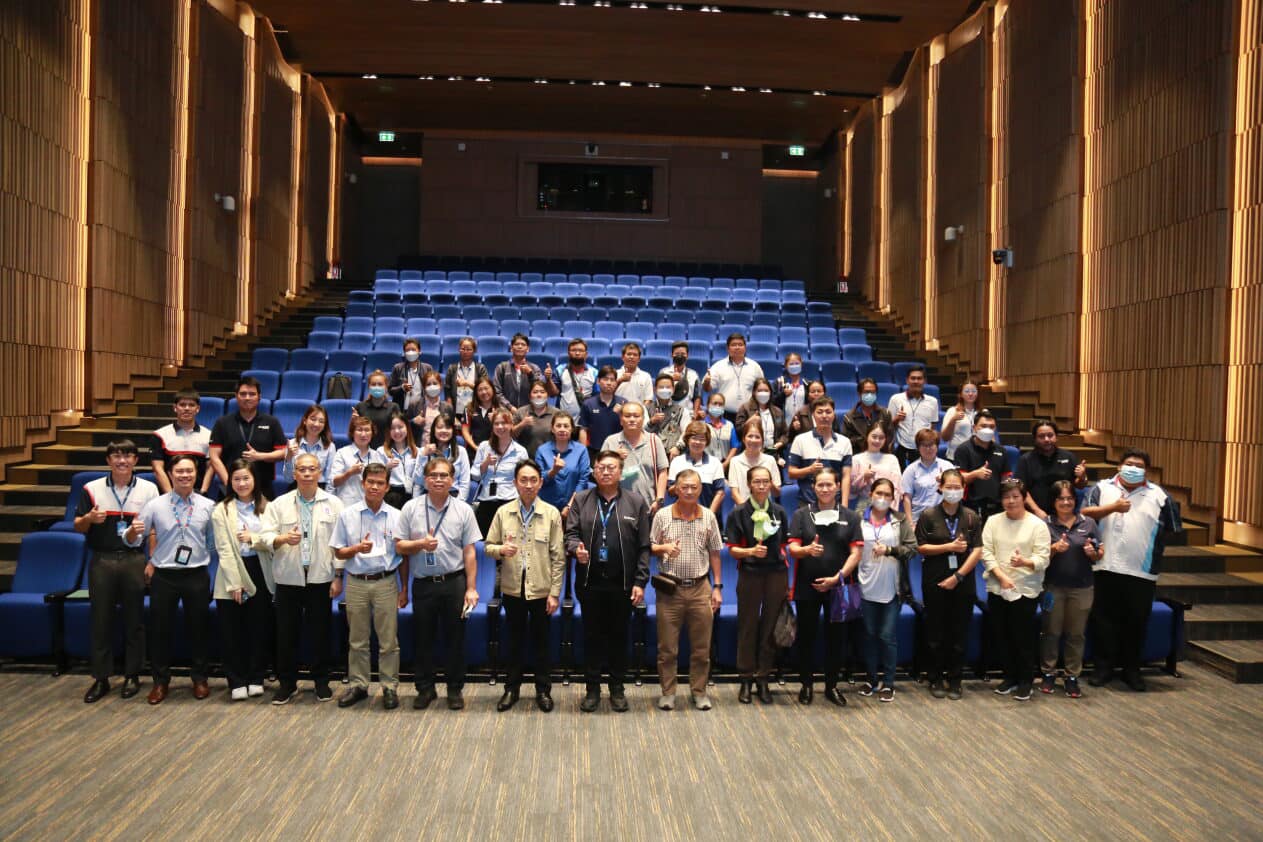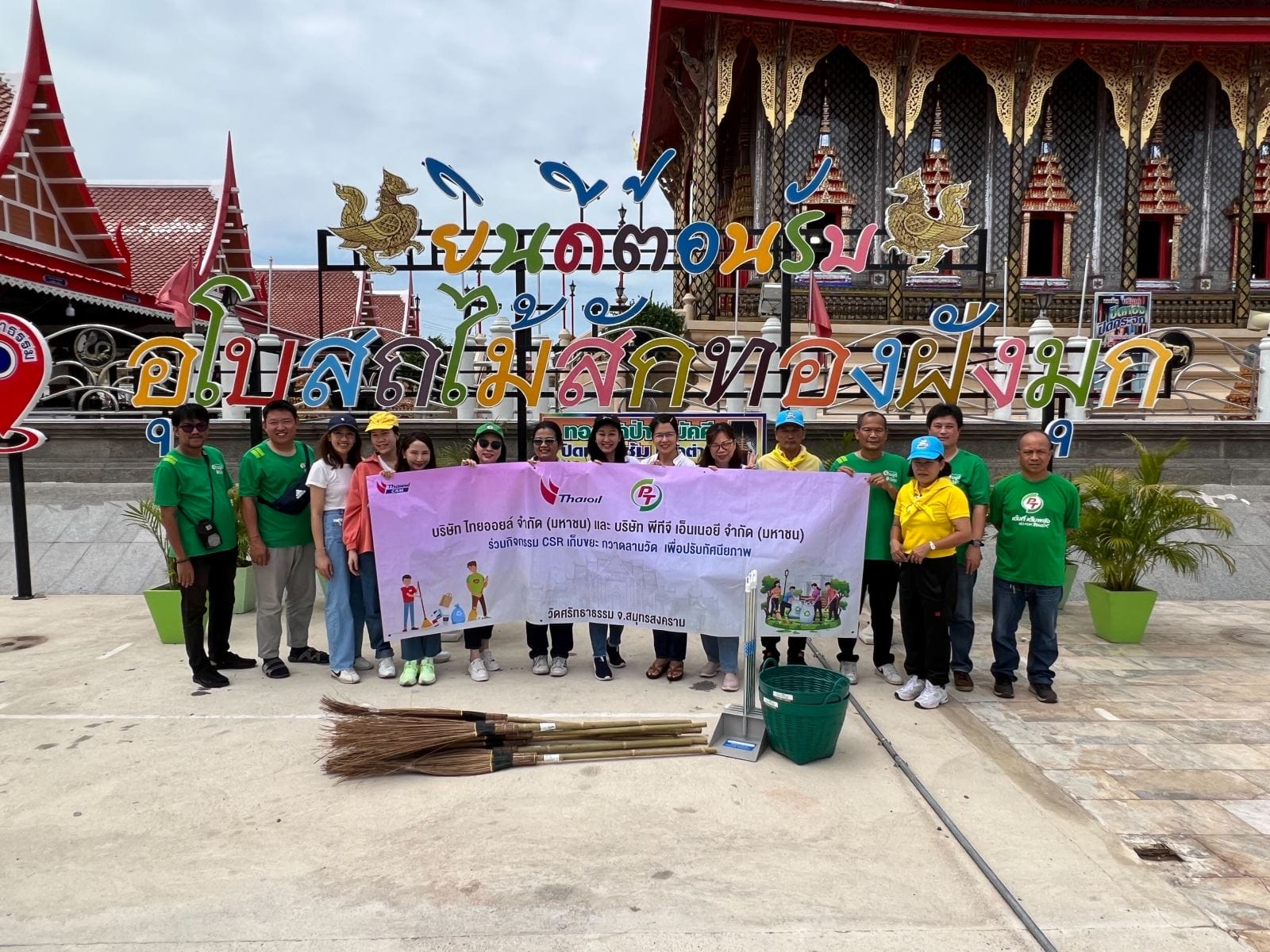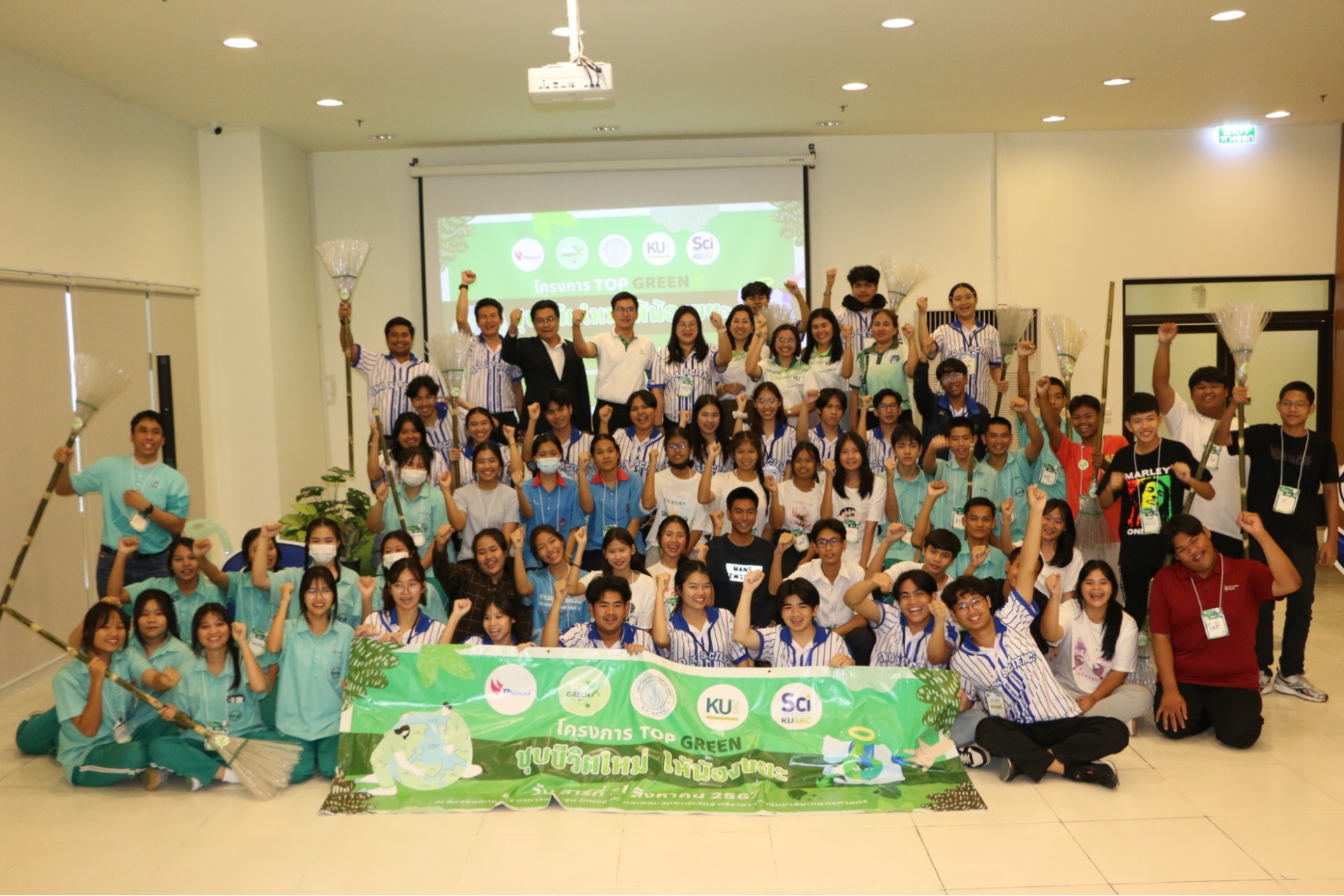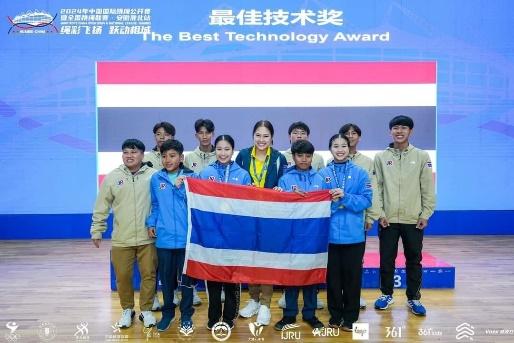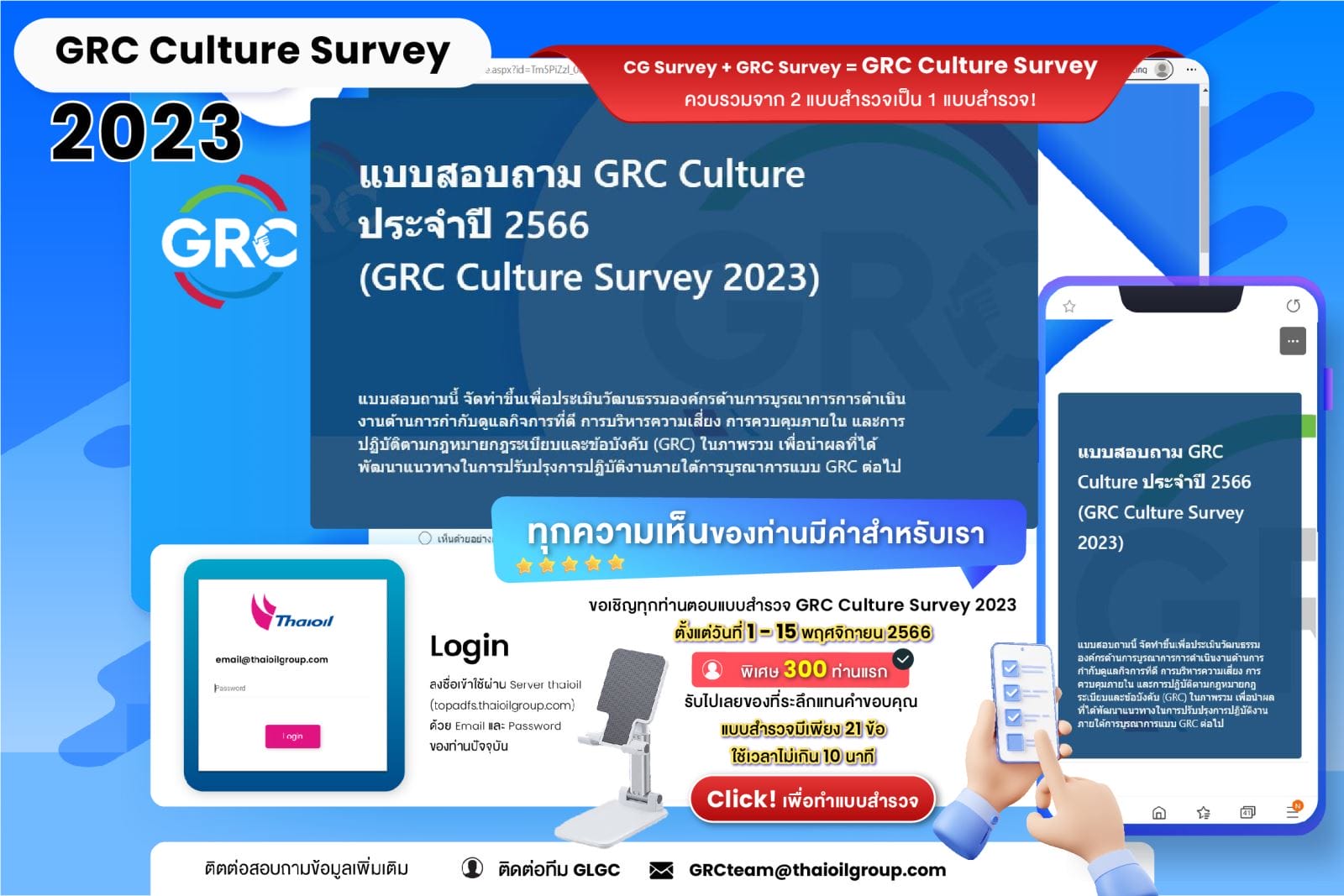Sustainable Procurement Policy
Thaioil Group's Sustainable
Procurement Policy
To ensure that the procurement process isefficient, and practically aligned across Thaioil Group leading to sustainable developement of the companies
fair, and auditable. Therefore, the Company has established Sustainable Procurement Policy with the following principles

Procure by taking into account the
value of money
efficiency, and effectiveness with all aspects of quality, price and service to achieve maximum benefit of Thaioil Group.
Conduct procurement process
with business ethics
not taking advantages of supplier; provide
accurate, complete, clear and open information; and give fair treatment to all supplier as well as
open for suppliers’ opinions and suggestions.
Implement transparent, fair
and auditable
procurement process and comply with relevant laws
& Regulation as well as execution of Risk mangement, and good internal control.
Execute Sustainable Procurement and Supplier Management in a sustainable
manner by taking
into account environment impacts, social responsibillity, and good corporate governace (ESG)
along with the Sustainable Code of Conduct for Suppliers of Thaioil Group (SCOC) which are
parts of the sustainable Supply Chain Management (SCM).
Focus on Supplier Management
by enhancing supplier relationships and building supplier
capabilities for continuos joint development.
Well manage knowledge among Thaioil
and Susbsidiaries and leverage technology to support
the procurement process and strive for the business excellence of Thaioil Group.




